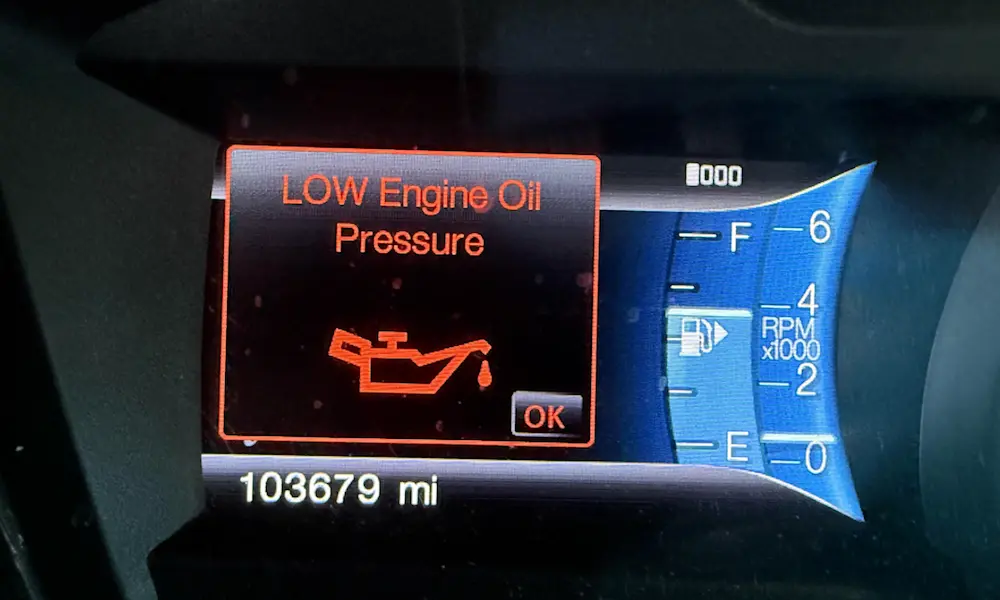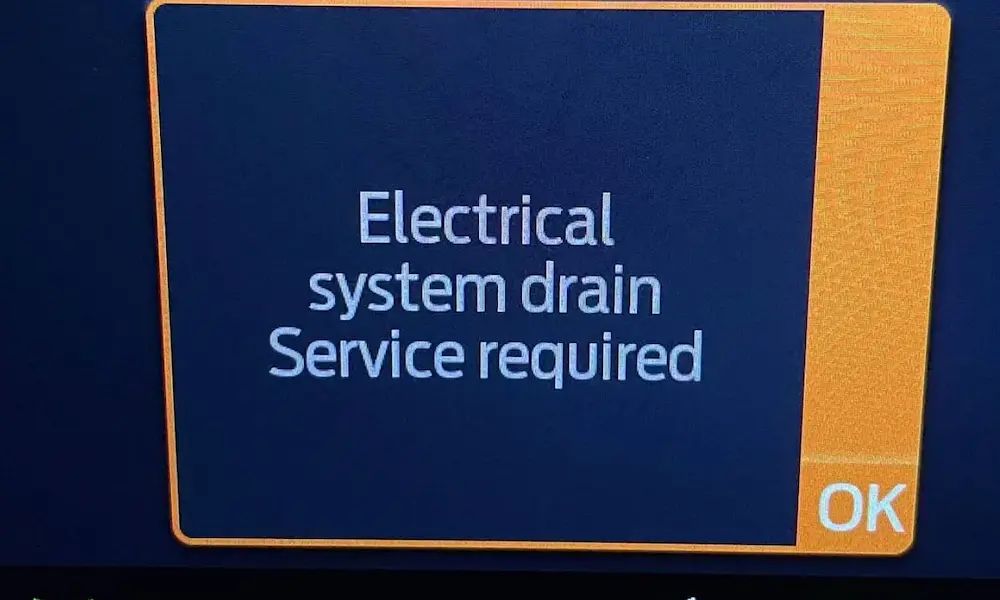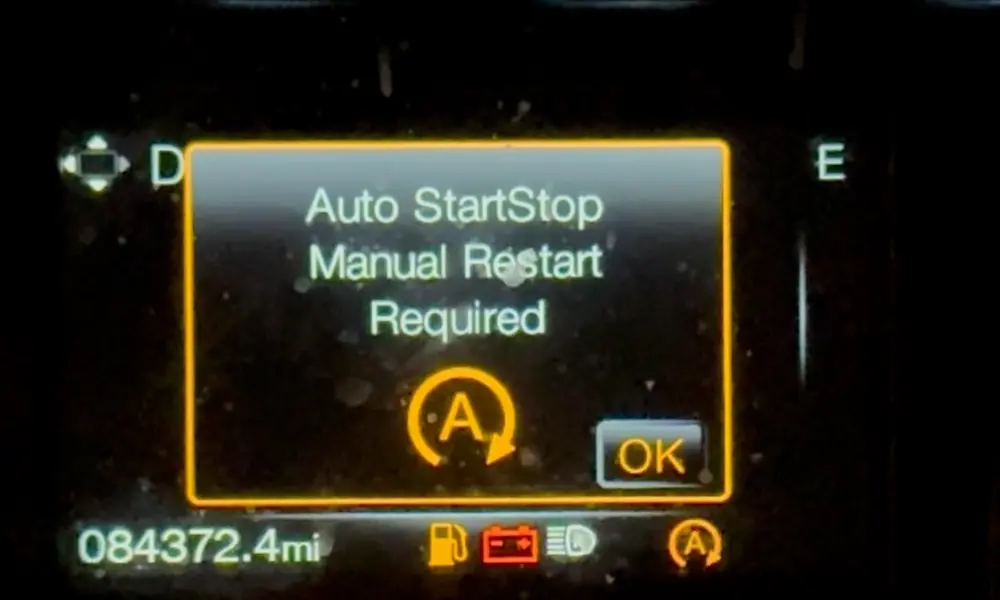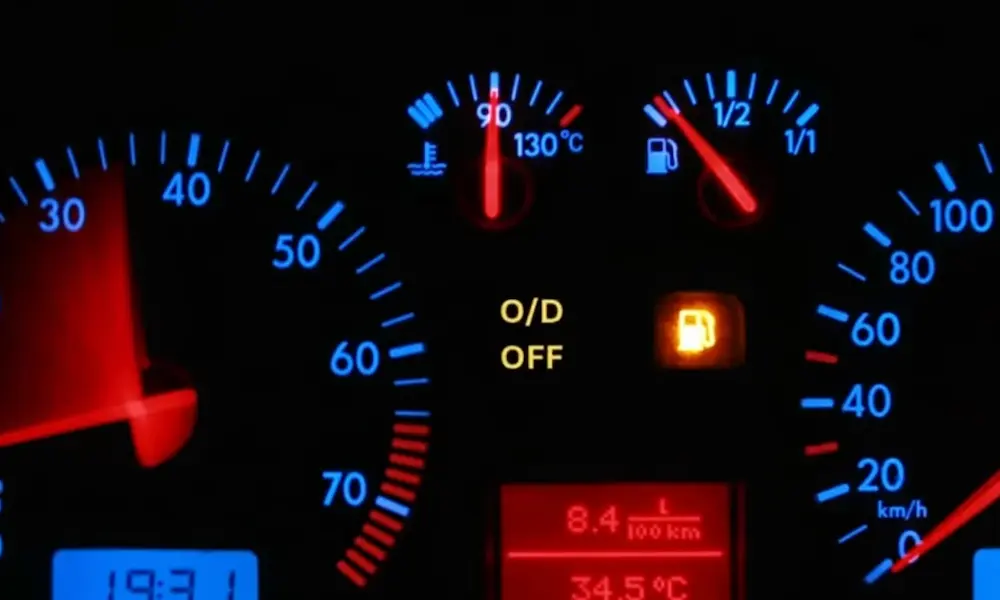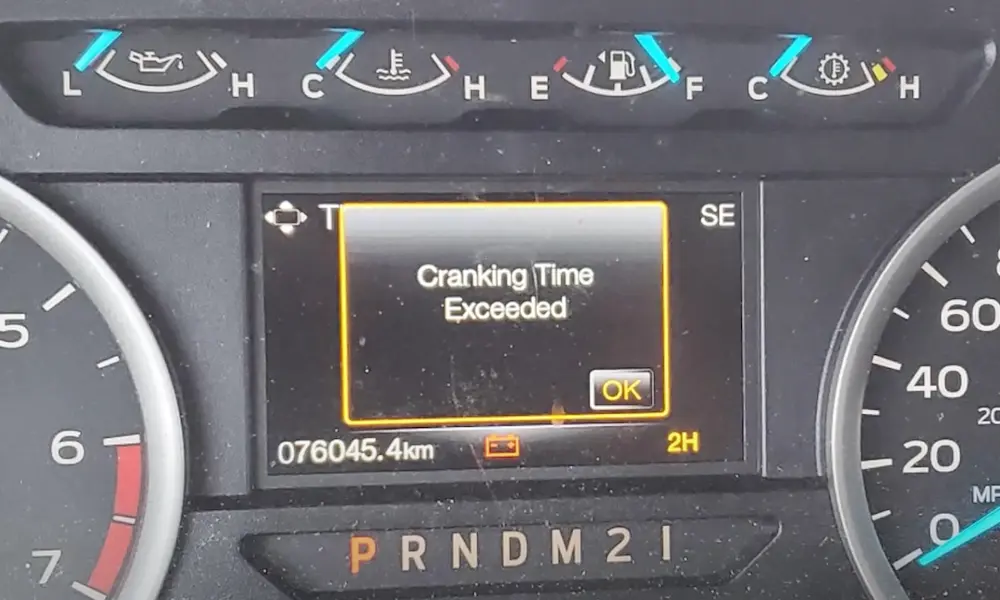If you’re thinking about buying a Ford Escape, you might be worried about engine troubles. The Ford Escape, especially models with the EcoBoost engine, often faces issues like oil consumption, overheating, and turbocharger failures. Understanding these common problems can help you make a smart decision and avoid surprises. Dive into the details and discover how regular maintenance or buying the right model can keep your SUV running smoothly.
Overview of the Ford Escape
The Ford Escape is a compact SUV known for its versatility and popularity. It has gone through several changes over the years. Each generation brought unique features and improvements, though some models faced common issues.
Evolution Across Model Years
The Ford Escape made its debut in 2000 and quickly gained popularity. Early models focused on combining utility with comfort, creating a practical family vehicle. As you look over the years, you’ll find significant changes in design and technology.
By the third generation, which spanned from 2013 to 2016, the Escape had adopted a more modern appearance. This generation introduced the EcoBoost engines, aiming for better fuel efficiency and power. Yet, this period also saw models with engine problems, including turbocharger failures and overheating.
The fourth-generation Escape, launched in 2020, offered even more advanced features, like updated infotainment systems and enhanced safety measures. It was designed with a more aerodynamic shape, emphasizing efficiency and style.
Defining Features of Ford Escape
Throughout its model years, the Ford Escape has been known for several defining features. These include its spacious interior and flexible cargo space, making it ideal for families and adventure seekers alike. The compact SUV is often equipped with all-wheel-drive options, catering to varying driving conditions.
Ford also introduced the EcoBoost engines to improve performance and fuel efficiency. Newer models add technological enhancements such as Apple CarPlay, Android Auto, and advanced safety features like adaptive cruise control and lane-keeping assist. These upgrades aim to enhance your driving experience, blending practicality with innovation.
Common Engine Problems in Ford Escapes
Ford Escapes are popular SUVs, but they are known for certain engine issues. Key concerns include frequent overheating and challenges with the coolant system. Problems with the head gasket and ignition coils also lead to engine misfires. Understanding these issues can help keep your vehicle running smoothly.
Frequent Overheating Issues
Overheating is a common problem in Ford Escapes, particularly in models with EcoBoost engines. This often occurs due to engine coolant leaking or failing fans. When the engine gets too hot, it might cause damage to important parts like the cylinder head.
You should regularly check the coolant levels and inspect for leaks. If your engine overheats frequently, consider getting it checked by a professional. Ignoring the issue can lead to cylinder head failure, which is an expensive repair.
Coolant System Challenges
Ford Escapes sometimes experience issues with the coolant system. Coolant intrusion can happen, where the coolant leaks into areas it shouldn’t be, such as the engine block. This can cause engine misfire and damage.
Regular inspections and maintenance can prevent these problems. If you notice any coolant leak, it’s important to address it immediately. Look for signs like puddles under your car or low coolant levels. Fixing these issues early can save you from bigger problems.
Head Gasket Woes
The head gasket is another part prone to problems. Head gasket failure can allow coolant to mix with oil, leading to engine overheating and damage. This issue is serious and should be addressed promptly.
Signs of a failing head gasket include white smoke from the exhaust or bubbles in the radiator. You might also notice engine overheating. Repairing a head gasket is costly, but ignoring the problem can result in even more significant engine damage.
Ignition Coil and Misfire Complaints
Ignition coils in Ford Escapes may also experience problems. When an ignition coil fails, it can cause the engine to misfire, leading to rough running and poor performance. Repeated misfires can harm the catalytic converter, which is expensive to replace.
If you experience an engine misfire, it’s crucial to check the ignition coil. Replacing a faulty coil is generally a straightforward task and can improve your vehicle’s performance. Regular maintenance of the ignition system can help prevent these issues and keep your Escape running smoothly.
Specific Model Year Concerns
If you’re considering a Ford Escape, it helps to know which years had trouble and which showed improvements. Some model years like 2013 and 2017 faced more issues, while newer ones like 2019 and 2020 saw significant upgrades. Let’s take a closer look at each of these years.
The Troubled 2013 Ford Escape
The 2013 Ford Escape faced numerous complaints and recalls due to issues with its engine and transmission. Many drivers reported problems such as engine stalling and transmission failures. This made it one of the worst Ford Escape years on record. Owners often had to deal with repeated repairs, especially related to the engine’s tendency to overheat.
You also had the problem of doors unintentionally opening while driving. This was due to faulty wiring, leading to safety concerns. The rolling of the vehicle when parked was another troubling issue. These problems prompted multiple recalls. If you’re looking at used models, you might want to steer clear of the 2013 Escape.
2017 Escape and Recurring Issues
The 2017 Ford Escape brought new features but also came with its own set of issues. Engine problems were again common, even though it had fewer recalls than the 2013 model. Nearly half of complaints to the NHTSA were about engine concerns.
Introduced with a mid-cycle update, this model attempted to improve reliability but struggled with problems like engine stalling. Drivers often reported the check engine light illuminating frequently. Although not as problematic as the 2013 model, the 2017 Escape still saw enough issues to feature on many lists of years to avoid.
The Improvements in 2019 and 2020 Models
When you look at the 2019 and 2020 Ford Escape models, you’ll find significant improvements. These years marked advancements in technology and fewer reported issues overall. The engines introduced in these models were more reliable, with fewer complaints registered with regulatory bodies compared to the earlier models.
The 2020 Escape, in particular, stood out with more safety features and better fuel efficiency. It also scored higher in consumer satisfaction, making these years more appealing if you’re interested in reliability. Enhanced engineering helped resolve many prior issues, moving the Escape into the realm of best Ford Escape years.
Insights on 2022 Ford Escape
The 2022 Ford Escape continued to build on improvements made in earlier years, aiming for better performance and reliability. It features updated technology and a range of engine options to suit various drivers. This model year focused on comfort and safety while addressing consumer feedback.
With fewer reported engine problems and a reduction in NHTSA complaints, the 2022 Escape is becoming one of the more popular choices among recent models. The design and technology enhancements have made it a more competitive option in the small SUV market. If you’re interested in a newer model, this year is an appealing choice.
Engine Recalls and Safety Concerns
Ford Escape vehicles have faced various engine-related recalls and safety concerns. These issues often involve engine failures that could increase the risk of accidents. Some recalls address specific faults in engine components, while others highlight broader safety risks affecting multiple model years.
Notable Engine Recalls
The Ford Escape has had multiple engine recalls over the years. One significant recall affected the 2017 model, where nearly half of the complaints to the NHTSA were about engine problems. This could lead to engine stalls while driving, creating potential danger on the road.
A more recent recall concerns the 2020 to 2023 models due to engine failures like engine block or oil pan breaches. These issues could be serious enough to warrant repair or replacement of critical parts. You might want to check if your Ford Escape is a part of these recalls to ensure safety.
For more specific details, you can review the recall notices directly from Ford on affected model years and engines, such as the 23S27 recall.
Safety Issues and NHTSA Hotline
Safety concerns related to these recalls often include risks of engine fires due to manufacturing defects. These risks make it necessary to pay attention to recall notices and follow up with repairs. In addition, some drivers have reported issues leading to unexpected engine shutdowns, increasing the chance of accidents.
It’s important to stay updated on potential safety issues through platforms like the NHTSA. If you suspect your vehicle may have a problem not covered in the recalls, you can contact the NHTSA hotline for guidance. This helps protect you and your passengers while also ensuring you comply with safety standards.
Maintenance and Prevention
Taking care of your Ford Escape’s engine can save you from bigger problems in the future. Regular maintenance helps keep your SUV running smoothly and can prevent issues like overheating and oil leaks. Identifying engine trouble early can also help avoid costly repairs.
Routine Maintenance Tips
Routine maintenance is key to keeping your Ford Escape in top shape. Start by checking the coolant level regularly to avoid overheating. Low coolant can lead to serious engine damage. It’s a good idea to keep an eye on the check engine light. If it comes on, don’t ignore it; get it checked as soon as possible.
Transmission maintenance is also important. Changing the transmission fluid at the recommended intervals helps prevent gear shifting problems. You might also consider getting your oil changed every 3,000 to 5,000 miles. Proper oil levels ensure that your engine runs smoothly and can help prevent wear and tear.
Identifying Early Signs of Engine Trouble
Spotting signs of engine problems early can make a big difference. If you notice any strange noises, like knocking or pinging, it might indicate engine trouble. Be alert if your engine is running louder than usual or if there’s a sudden decrease in power.
Regularly check for fluid leaks beneath your vehicle. Even a small low coolant level can signal a potential problem. Watch for smoke from the exhaust, which might indicate engine issues. Also, pay attention if your vehicle is consuming more oil than usual. Taking action early can prevent minor issues from becoming major problems.
Warranty and Owner Support
When dealing with engine problems in your Ford Escape, understanding your warranty options and knowing how to leverage support can make a significant difference. Whether you face issues like engine failures or need general support, this guide will help you navigate the support landscape effectively.
Understanding Your Warranty Options
Your warranty can cover many aspects of engine issues. Ford typically offers a powertrain warranty, which usually includes the engine, for a period such as 5 years or 60,000 miles. It’s important to check the terms of your warranty to see what’s eligible for repair or replacement.
Knowing the details of your coverage can save you money and stress. If you’re unsure, the Ford Owner Support site provides helpful resources. You can access owner manuals and warranty details, helping you understand the extent of your coverage.
Leveraging Support for Engine Failures
Experiencing an engine failure can be stressful, but having the right support can ease your worries. The Ford Owner Support site is a valuable resource for scheduling service, finding coupons, or accessing how-to videos.
If your Ford Escape’s engine problems are severe, consult the dealership to check if you qualify for a replacement. Forums and community support sites, like this discussion, can offer personal stories and advice from other Ford owners. Engaging with these communities can provide tips and real-world solutions.



